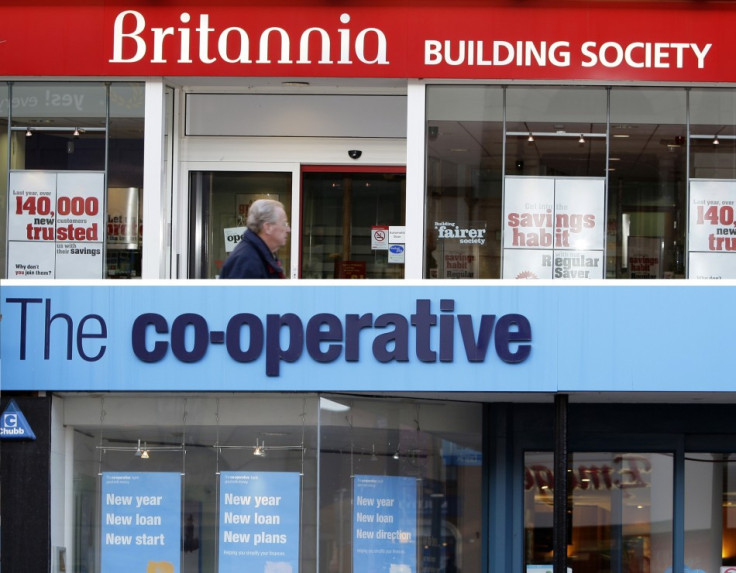Co-op Bank Paid JPMorgan £7m Fee for Advice on Disastrous Britannia Merger

US investment giant JPMorgan pocketed a £7m fee from troubled Co-operative Bank for its advice on the disastrous Britannia Building Society merger that nearly sank the ethical lender.
The fee was revealed by Tim Wise, a managing director at JPMorgan's UK investment banking arm, who was giving evidence on the Britannia deal to parliament's Treasury Select Committee (TSC).
Co-op Bank's 2009 merger with Britannia, which was stuffed with risky commercial and high loan-to-value residential mortgages, precipitated its sudden withdrawal from the Project Verde deal to buy 632 Lloyds branches and the subsequent revelation of a £1.5bn capital hole on its balance sheet.
"Clearly that was a very significant fee and there's no other way of looking at that, but that is the way that the industry works," Wise told MPs.
"The way clients choose to pay us is on the outcome of the transaction and is on the transaction happening. In terms of the integrity of our advice, that is fundamental to the way we work and a lot of professions work that way."
He said JPMorgan's role was to advise on the financial terms of the merger, but that it did not give an opinion on whether it should go ahead or not.
"We were asked to give a fairness opinion, which says based on the management's view of the commercial opportunity and commercial assessment of the future, that the terms of transaction are fair from a financial point of view," he said.
JPMorgan received £2m on the announcement of the Britannia deal and a further £5m went it all went through.
Co-op Bank was forced to write down the value of many Britannia assets and take impairment charges in the aftermath of the deal.
In November, Co-op Bank revealed it is closing 15% of its branches and cutting jobs as part of a five-year turnaround plan. In the first six months of 2013, the bank made a pre-tax loss of £709.4m.
The bank racked up huge losses on commercial property during the financial downturn, much stemming from is catastrophic takeover of the Britannia, and is currently undergoing major restructuring.
Part of its plan to fill the £1.5bn capital hole on its balance sheet, stemming from regulatory requirements to build up sufficient buffers against future crises and negate any need for bailouts, is to convert junior bondholders into shareholders.
It was also rescued by investment from a group of six hedge funds, who now hold stakes in the lender alongside the Co-operative Group.
Co-op Bank has also been rocked by a drugs and sex orgies scandal involving its former chairman Paul Flowers.
Flowers, a Methodist minister, was allegedly caught on camera attempting to buy drugs, including crack cocaine and crystal meth, from a journalist. He was arrested by police and released on bail pending an investigation.
He had faced embarrassment in front of the TSC after telling MPs that Co-op's assets stood at £3bn when, in fact, they were around £47bn.
© Copyright IBTimes 2025. All rights reserved.






















